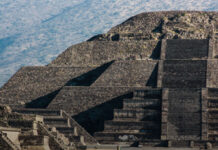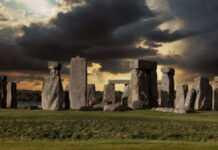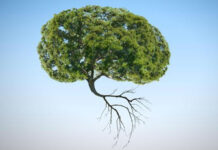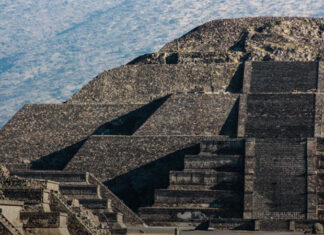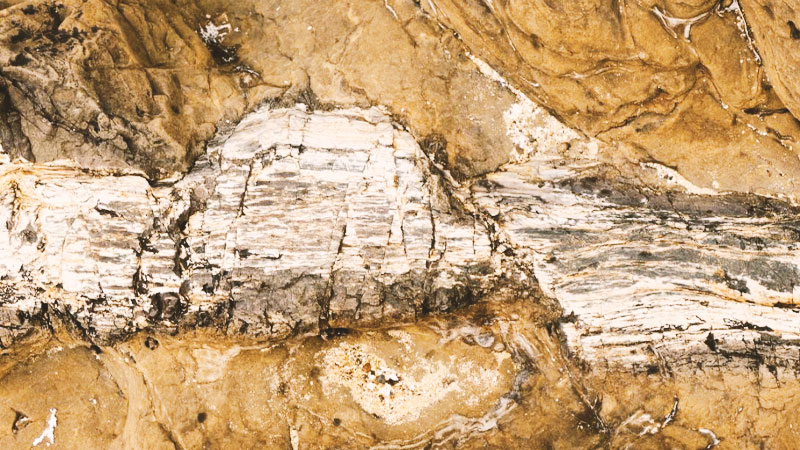
The fossilized trees, dated from the time of the supercontinent of Gondwana, which was formed by South America, Australia, Africa, Antarctica and India, were found in Ortigueira, in the up-country of Paraná, southern region of Brazil.
The discovery was made by PhD student in geology Thammy Ellin Mottin, from UFPR (Federal University of Paraná), in collaboration with researchers from the University of California and UFRGS (Federal University of Rio Grande do Sul).
According to Mottin, the fossilized forest was found by chance during a survey in the region.
In the place, more than 150 lycophytes were identified, plants that do not have flowers, fruits or seeds and in the evolutionary history of the Earth, they were the first plants to present a system of specialized tissues for the conduction of water and nutrients. They were found in an upright position, perpendicular to the rock layers, which is rare.
According to Thammy Mottin, trees in this position are common in North America, but in South America they were always found deformed and in much lower numbers. Fossilized forests of this type were found only in Patagonia (Argentina) and Rio Grande do Sul (Brazil).
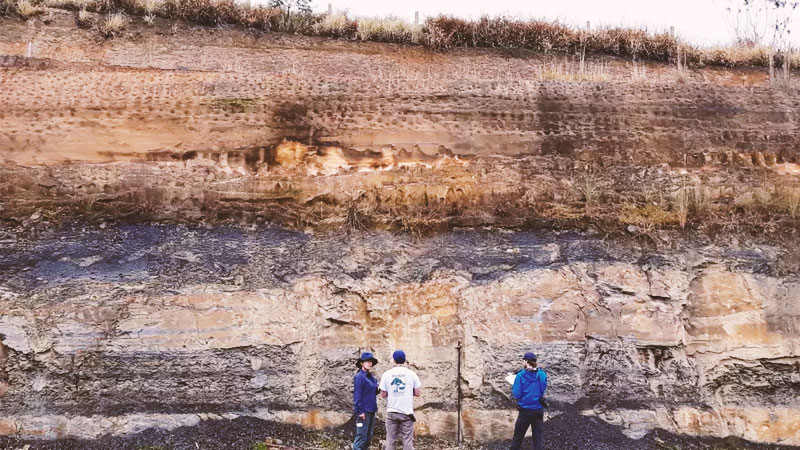
“I was really excited. I never imagined discovering something so grand and beautiful. It has national importance and in the whole area of the southern hemisphere. Occurrences of plants that are so old and so well preserved, in addition to the very unusual form of conservation, are rare worldwide,” said Mottin.
The geological evidence found by the researchers indicates that the forest was on the banks of a river and ended up buried due to a flood with water laden with sediment.
“This burial was so quick on the geological time scale that the trees died in an upright position and were frozen in time, just as they existed hundreds of millions of years ago. In the scientific field, the lycophytes found in Paraná differ significantly from those observed in North America and Europe. There is potential for further studies in the Ortigueira area that could impact global issues such as colonization of the terrestrial environment, evolution of this group of plants and comparison with the current northern hemisphere record,” explained Mottin.
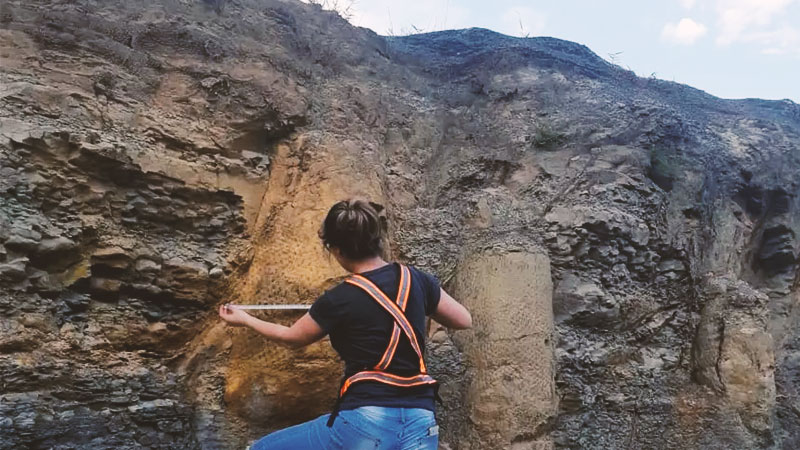
The scientist reminds the importance of the role of environmental agencies for the conservation of the place.




